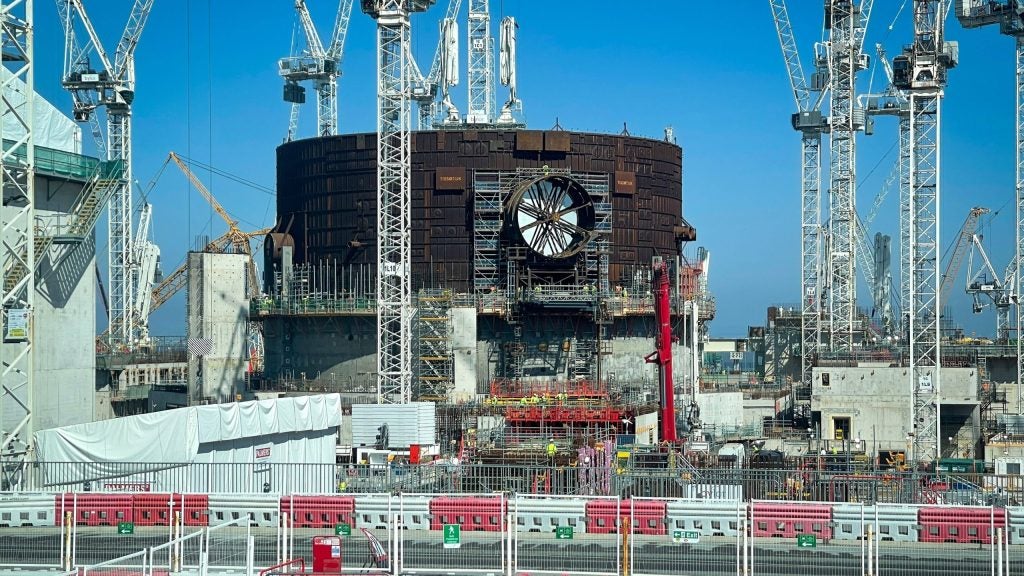Nuclear energy provides around 10% of electricity globally and around 25% of the world’s low-carbon electricity. With 439 operable reactors already in existence and a further 61 under construction, governments are investing in nuclear as a bridge in the energy transition.
However, according to Greenpeace director of policy Doug Parr: “Nuclear power can't bridge the gap between anything and anything. It is too slow. It is too expensive. It is a massive distraction.”
Speaking about the role of nuclear energy in the UK's transition, Parr tells Energy Monitor: “It doesn't help with the kind of grid system that we need, which is going to be renewables heavy. I think the UK focus on nuclear power is now an obstacle to delivering net zero because it is sucking up time, energy and political bandwidth, which can be spent on more useful things.”
His view is evidently not shared by the Czech Government, which recently decided to invest €6bn ($6.5bn) in new reactors, with long-term intent. The new units are reportedly intended to be phased into service between 2029 and 2040 as part of the Czech Republic's goal to generate 50% of its electricity from nuclear energy by 2050. It should act as a “bridge” too, enabling the traditionally carbon-exporting country to move away from coal and lignite.
The move follows a speech made by Czech Prime Minister Petr Fiala at the Nuclear Energy Summit in Brussels in March, in which he stated: “From the Czech perspective, nuclear is a cost-effective way to decarbonisation. It brings grid stability and security of supply. It is the only way to reach our energy independence.”
His confidence in the role of nuclear in the global energy transition is echoed by the World Nuclear Association, whose spokesperson Henry Preston told Energy Monitor that: “Nuclear energy has an instrumental role in powering a resilient energy system, providing a low-carbon, affordable and secure 24/7 source of both electricity and heat.”
Nuclear is already the world's second-largest source of low-carbon power, and Preston believes that it will “complement” renewable technologies.
“Total primary energy supply is still dominated by fossil fuels – much of which is for transportation, heat and industrial process,” he says. “To reach carbon neutrality targets, much of this will need to be electrified, but to both expand electricity production and reach the harder-to-abate sectors such as steel, cement and ammonia production, nuclear has a vital role.
“Renewables are rapidly increasing to help decarbonise electricity, and nuclear will complement these technologies to help balance the gird with dispatchable low-carbon energy, whilst making efficient use of land and natural resources.”
Parr disagrees, arguing that governments should be investing in more immediate solutions. He points to investment in Sizewell C – the 3.2GW power station set to be built in the English county of Suffolk – where construction is set to commence this year. It is likely to take between nine and 12 years to complete, but delays at Hinkley C (of which Sizewell C will be a close copy) have stirred doubt.
“We will be putting a lot of money into something like Sizewell C, when actually we will find that it is a white elephant by the time it has opened,” he contends. “We will have spent all that time, energy and effort, which could have been put into improving our housing stock, improving our grid or improving the ability of electric vehicles to meet the needs of people through a proper charging network – things that would actually would deliver this decade, not in 15 years time. So, we would cut a lot more carbon, we would get something done that is useful and we wouldn't have piles of messy radioactive waste that we still don't know what to do with.”









